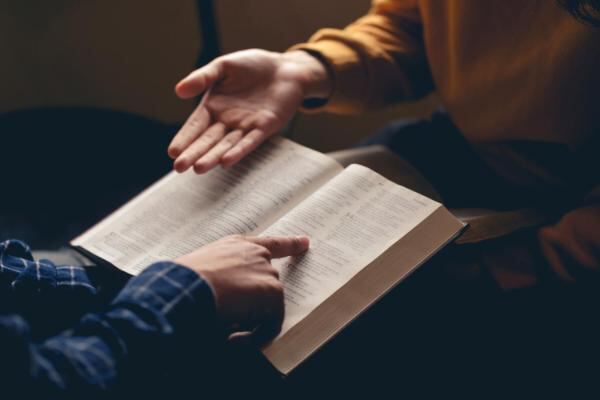What Inclusion Looks Like in Practice
For faith-based safeguarding frameworks to become inclusive, Anjum outlines several practical actions:
● Ensure safeguarding policies explicitly prohibit discriminatory practices such as conversion therapy
● Offer safe, confidential reporting systems that account for mistrust or fear of authority
● Engage marginalised voices directly in the design and delivery of safeguarding responses
She also recommends actions as simple as diversifying who speaks during services, and as structural as establishing independent safeguarding bodies to reduce conflict of interest.
She highlights that true inclusion involves moving beyond consultation to shared ownership. When those most at risk are trusted as experts in their own experience, safeguarding becomes more than compliance—it becomes culture.
________________________________________
What You Will Learn in the Full Episode
● How intersectionality applies to safeguarding frameworks in real terms
● Practical examples of policy and cultural change in UK faith contexts
● Why redistributing power within safeguarding systems improves outcomes for all
Listen to Episode 5 of Faithful Safeguarding with Anjum Mouj wherever you get your podcasts. Or, if you prefer to read, explore the condensed interview version in our magazine series.







